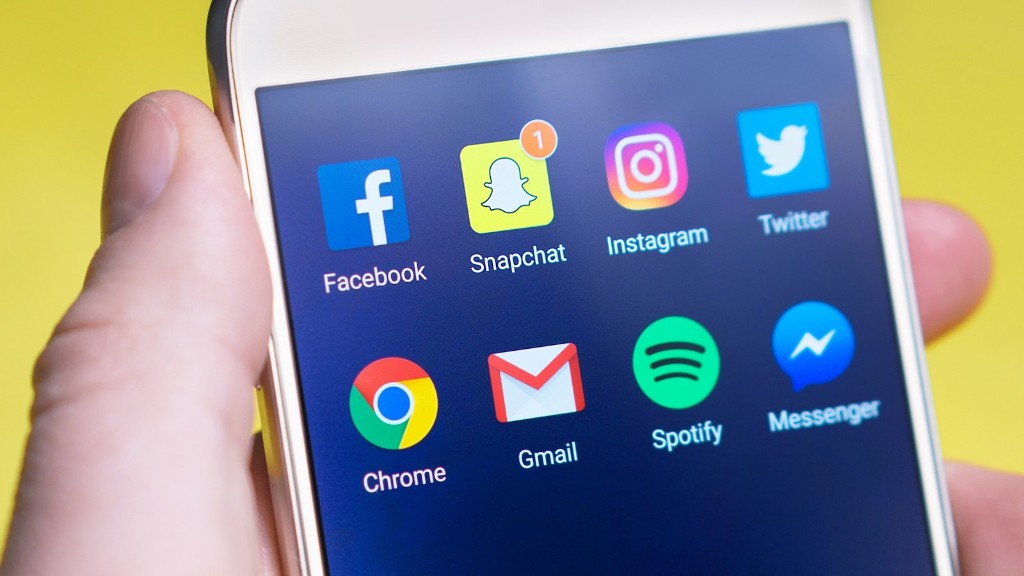There are a few key differences between facebook marketing and boosting posts. Marketing on facebook is more holistic and includes developing a strategy, creating content, and managing your page and ads. Boosting posts is a more limited approach that simply amplifies an existing post on your page by paying for reach. While both can be effective, facebook marketing requires more time and effort to produce results.
The key difference between Facebook marketing and boosting posts is that Facebook marketing requires a strategic approach that considers the entire customer journey, from awareness to purchase, while boosting posts focuses on amplifying individual pieces of content to a wider audience. While both strategies can be effective, Facebook marketing is a more holistic approach that can provide a greater ROI over time.
Is it better to run a Facebook ad or boost a post?
If your goal is to promote brand awareness, then you should strongly consider boosting a post on Facebook. Boosting a post will make it more visible to people who are not already familiar with your brand, and it can help to increase your reach on the platform. However, if you have another goal that is not brand awareness, such as driving traffic to your website, an ad may be a better option.
Boosting posts on social media is a great way to increase engagement and build your brand. While some managers do it for direct results such as sales and leads, boosting posts should be a long-term strategy to keep your audience engaged. Therefore, boost posts to increase engagement and build your brand.
Are Facebook ads more expensive than boosted posts
Facebook ads can be complicated to create and require more in-depth knowledge of your ideal audience. Ads are created from scratch rather than boosting an existing post that’s already doing well. Facebook ads can be more expensive than boosted posts.
Facebook ads and boosted posts are two very different things. Facebook ads allow you to target a specific audience with laser precision, while boosted posts only allow you to target people who have already liked your page. Boosted posts also don’t allow you to target specific behaviors or interests, which severely limits their effectiveness.
How much does FB boost post cost?
With Facebook’s Boost Post feature, you can promote your posts to a wider audience for a relatively low cost. The minimum spend is just $1 per day, and you can use a slider to see how many people your ad will reach for your chosen budget. Keep in mind that the more you spend, the more people you’ll reach. So if you’re looking to maximize your exposure, you may want to consider increasing your budget.
A boost is a great way to get quick results on Facebook, but it should be used as a supporting tool for your Facebook ads, rather than as your only method of advertising. If you need views, clicks, or sales, Ads Manager is the way to go.
What is the best day to boost a post on Facebook?
The best time to post to Facebook is between 1pm and 3pm on weekdays and Saturdays, according to a Buffer study. For companies that have been actively running a Facebook account, knowing what days and times their audience is online should be common knowledge.
If you’ve created a post that is highly engaging and relevant to a broader audience than your own, you can use Facebook’s “Boost Post” feature to expand your reach. When you boost a post, you can choose to target a wider audience than your current followers, making it an effective way to grow your reach and engagement.
How long should you wait to boost a post on Facebook
There doesn’t seem to be any perfect time to boost a post on Facebook, but there are a few things you can do to make sure you’re getting the most out of it. First, give your post some time to reach people organically before you boost it. While there’s no ideal number, it’s probably best to wait a few hours before you boost it. This will give your post a chance to be seen by more people, and you might even get some engagement (likes, comments, shares) before you boost it. Second, target your audience when you boost your post. Facebook has a ton of targeting options, so you can really drill down and get your post in front of the people who are most likely to be interested in it. Finally, don’tboost your post too often. If you’re constantly boosting your posts, people will start to tune you out. Boosting a post every once in a while is fine, but don’t make it a habit.
Spending $1 per day on Facebook ads is a great way to get started with Facebook ads and get familiar with how Facebook ads work. With a daily budget of $1, you can reach up to 37,000 people who wouldn’t have otherwise seen your ad. This is a great way to get started with Facebook advertising and to build up your brand awareness on the platform.
Is $5 enough for Facebook ads?
The truth of the matter is that anyone can build a successful Facebook ad campaign with just $5 per day. If you run the ad continuously throughout the month, you’re looking at an advertising budget of between $150 and $155 per month.
The $100 per day ad spend is a great way to quickly reach a large audience and scale your business quickly. However, you may need to adjust your ad spend as needed to fit your business.
What posts Cannot be boosted on Facebook
If you want to ensure that everyone who sees your content knows who initially published it, you should create a new post with original content and then boost it. This way, your boosted post will be clearly labelled with your Page name.
The benefit of promoting your post on Instagram is that you can reach a larger audience and get more engagement on your posts, which can lead to more followers. Promoted Instagram posts also give you insights into how well your content is performing and who is seeing it, beyond just your regular audience.
Is it worth it to boost your posts?
Social media boosting can be a great tool to reach new audiences, but it’s important to make sure you’re targeting the right people. Otherwise, you’ll just be wasting money on people who aren’t likely to lead to a sale.
Boosted posts are a great way to increase the reach and engagement of your existing posts on Facebook. By boosting a post, you can get more messages, video views, leads or calls. You may also reach new people who are likely interested in your Page or business, but don’t currently follow you. Boosting a post is a great way to increase your Page’s visibility and reach.
How much does Facebook pay per 1,000 views
Assuming you are based in the US, Facebook generally pays out $200-500 per 1,000 views for ad placements on your stream. This means that if your stream has 1,000 views, you could potentially make anywhere from $200 to $500 in revenue.
There are a number of ways to promote your Facebook page for free. Here are a few:
1. Build a base audience of friends and family on Facebook.
2. Offer promotions and Facebook contests.
3. Provide interesting and helpful content on Facebook.
4. Share promotional updates to your Facebook business page.
5. Share customer feedback.
6. Interact with other businesses and influencers.
Final Words
There are a few key differences between Facebook Marketing and Boosting Posts. For one, Facebook Marketing allows you to create targeting options for your ad that are much more specific than Boosting Posts. Additionally, Facebook Marketing provides insights and reporting tools that give you detailed information about your ad campaign performance, while Boosting Posts does not. Finally, Boosting Posts is a much simpler process overall and requires less time and effort to set up and manage.
The main difference between Facebook marketing and boosting posts is that Facebook marketing requires a more strategic approach. Boosting posts simply involves paying to have your post seen by more people. With Facebook marketing, you need to create valuable content and target a specific audience. You also need to consider what your overall goals are for your Facebook marketing campaign.





